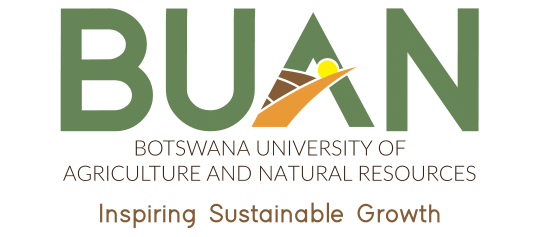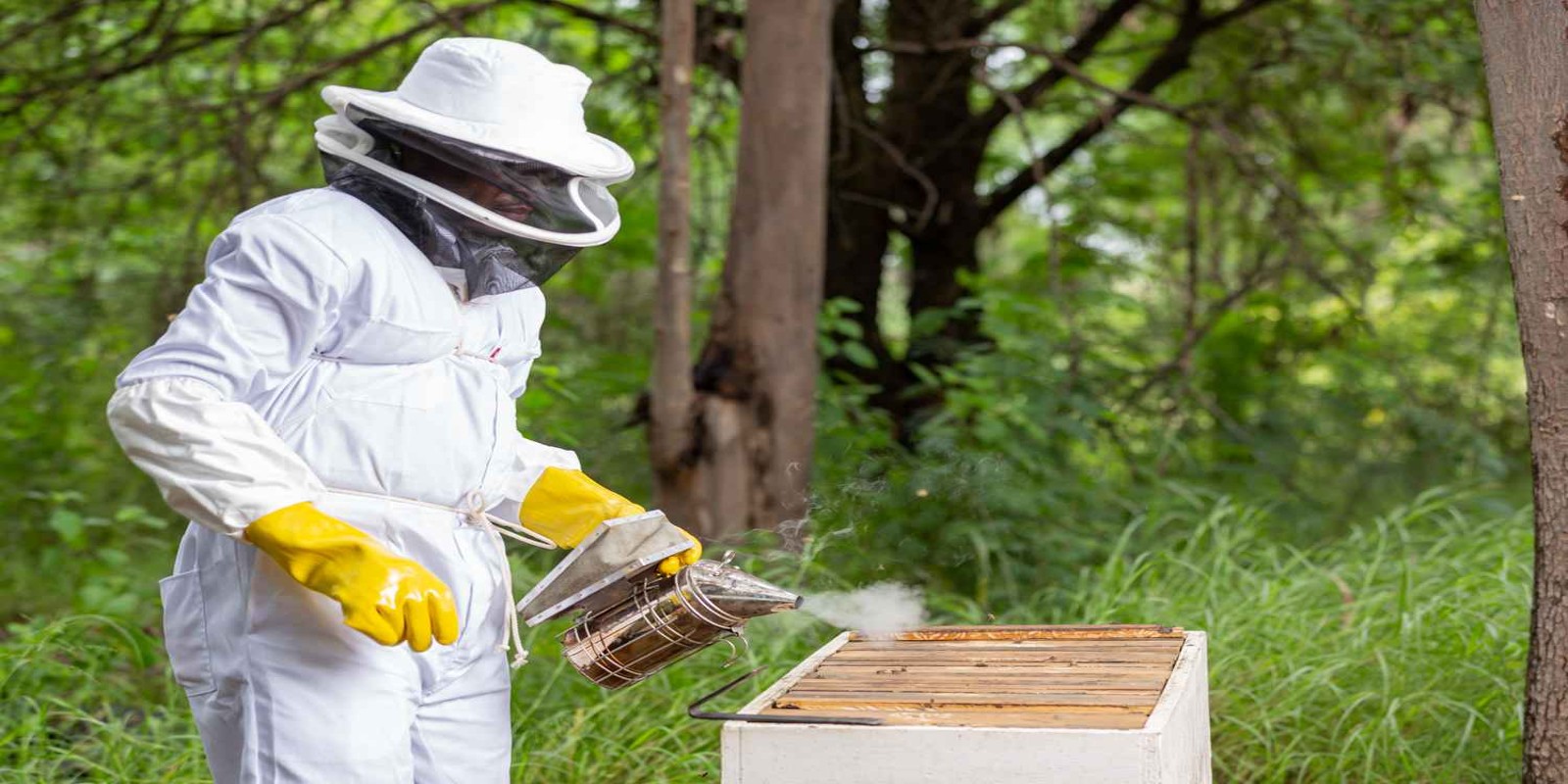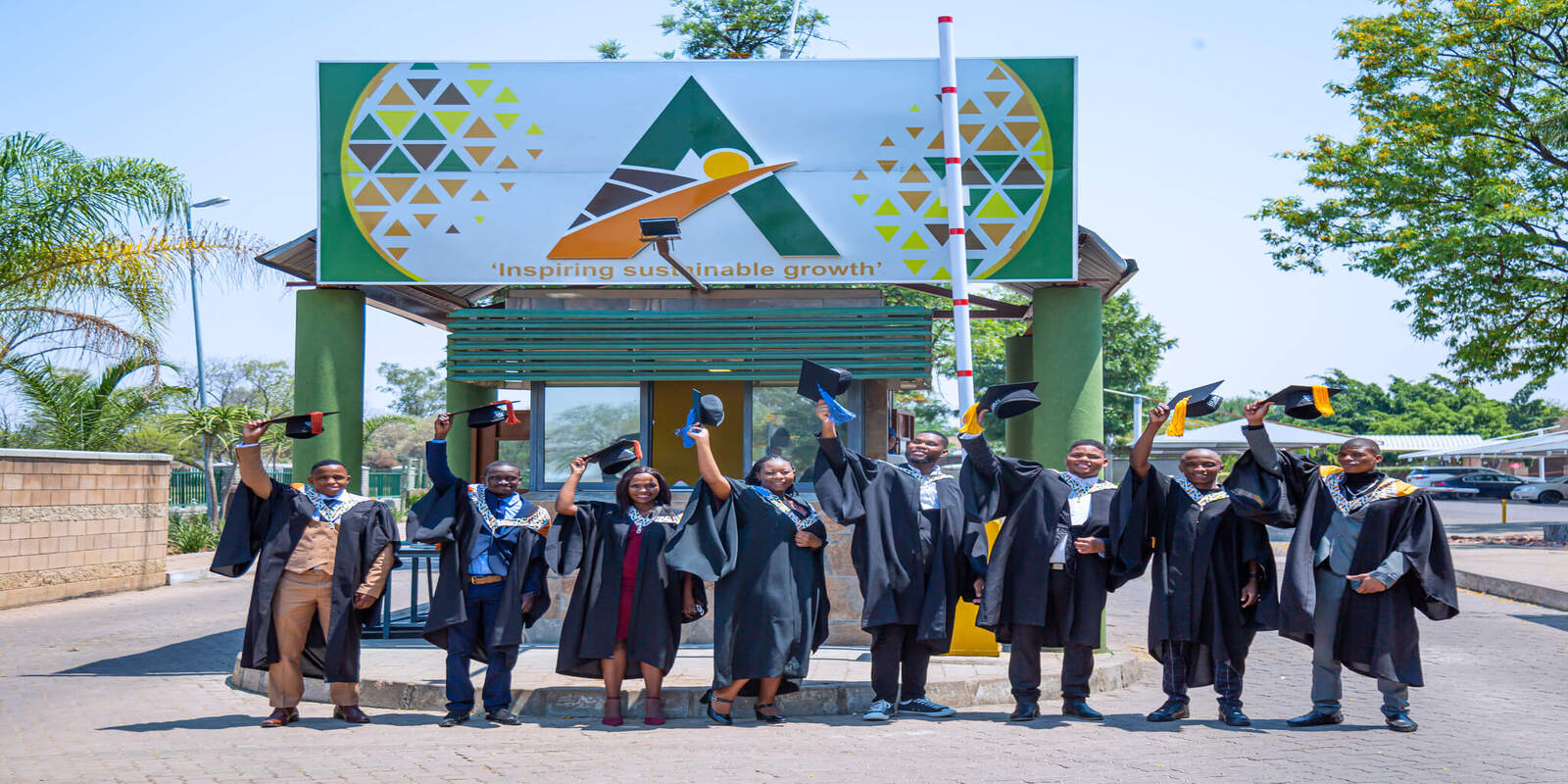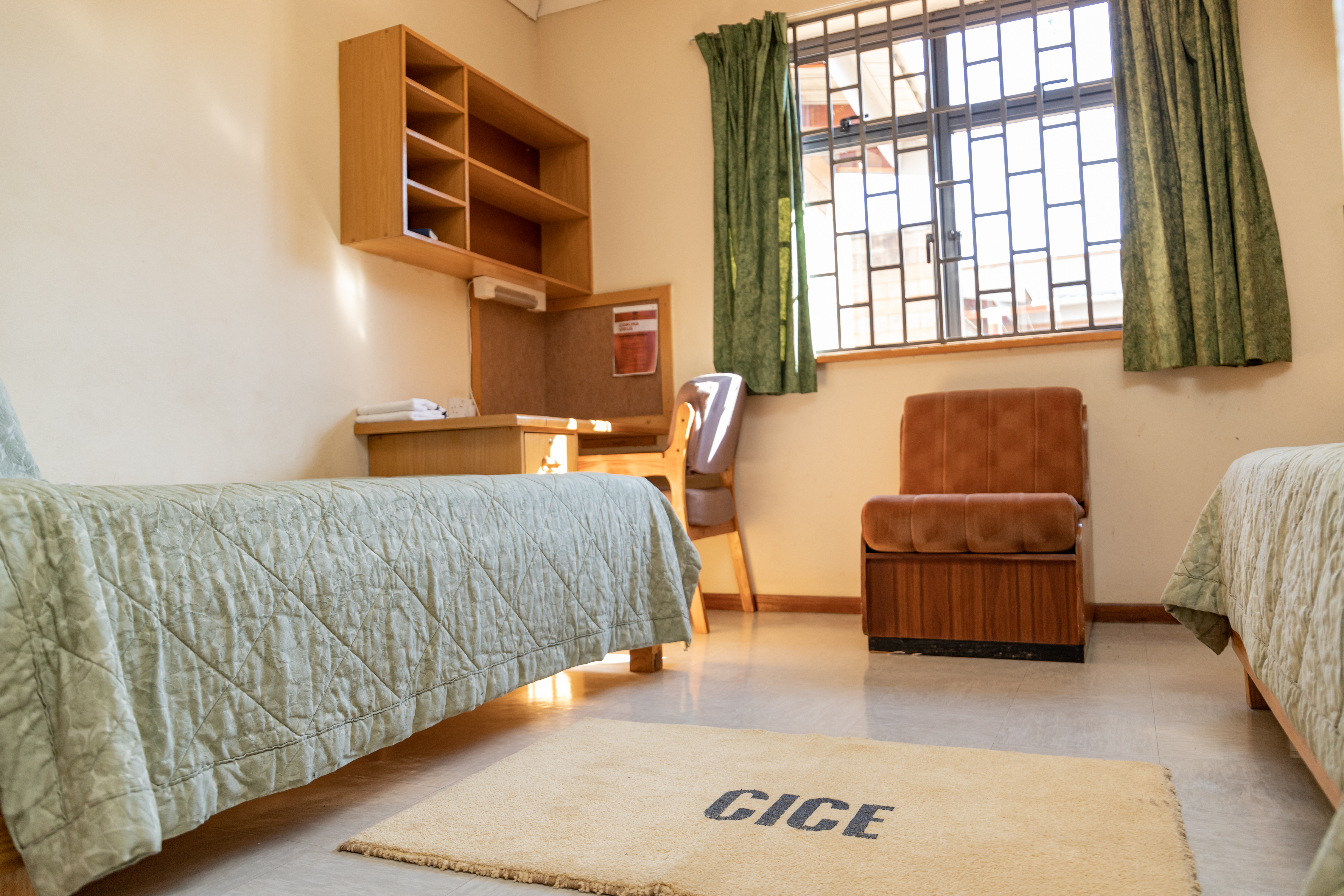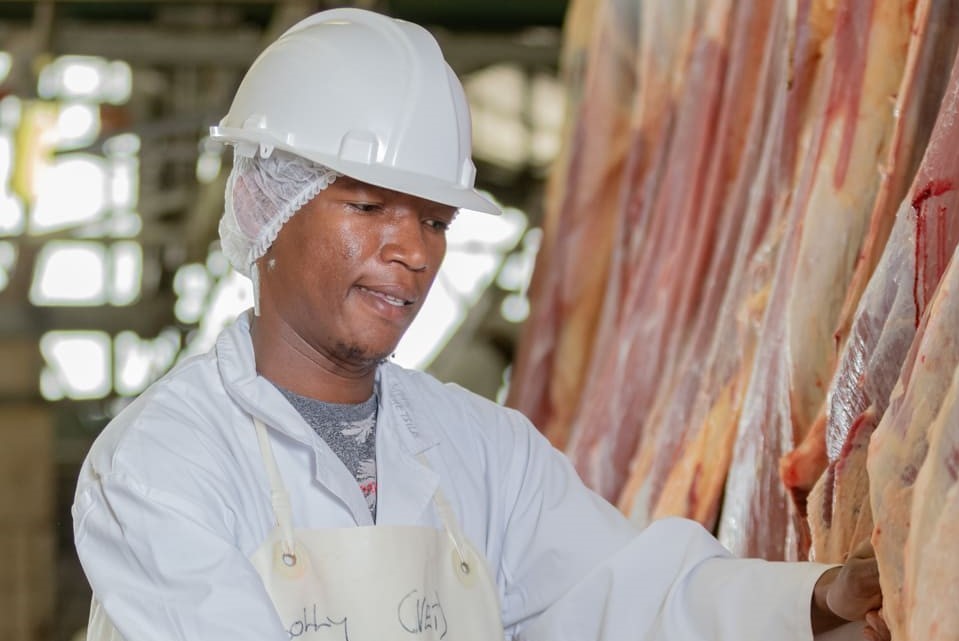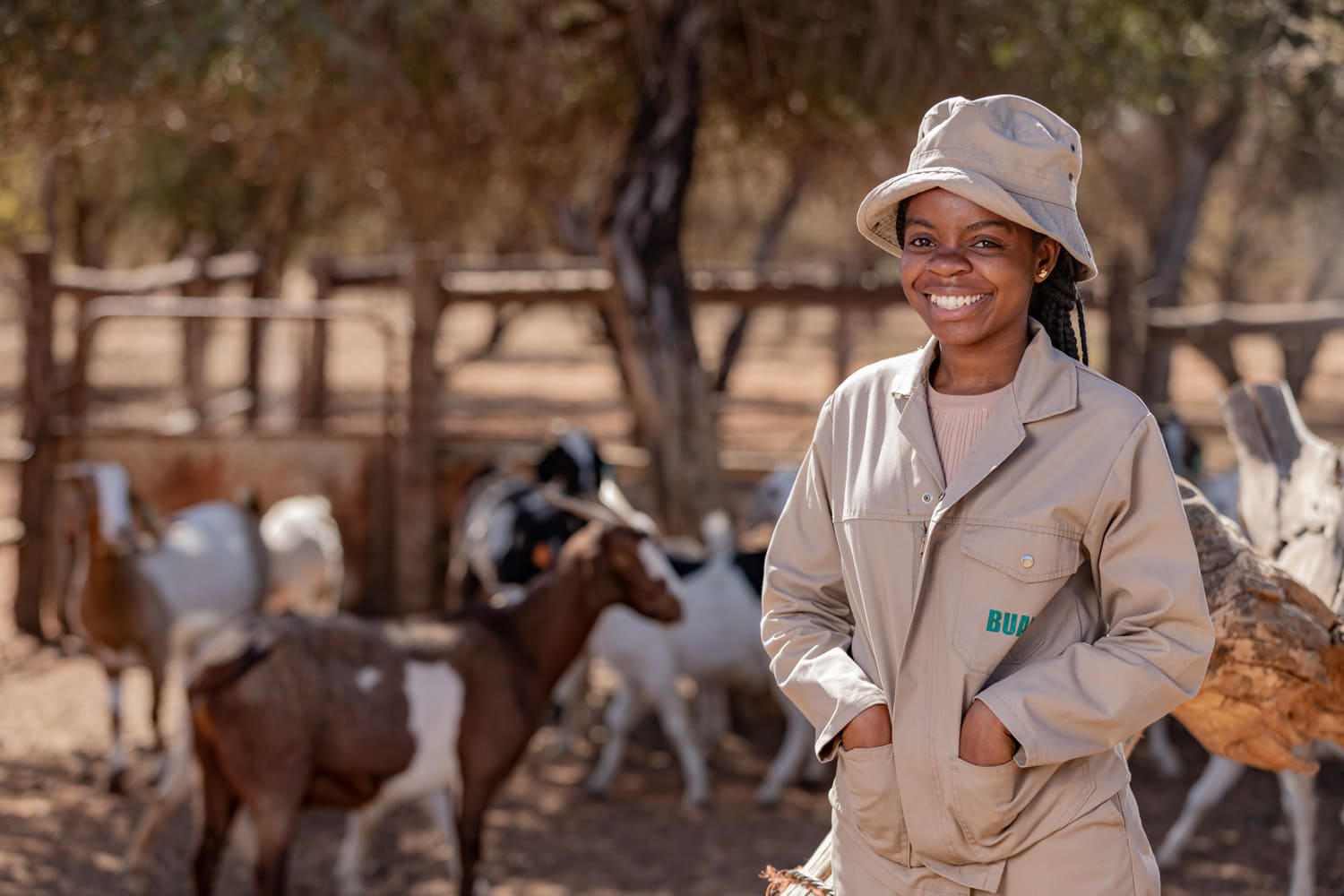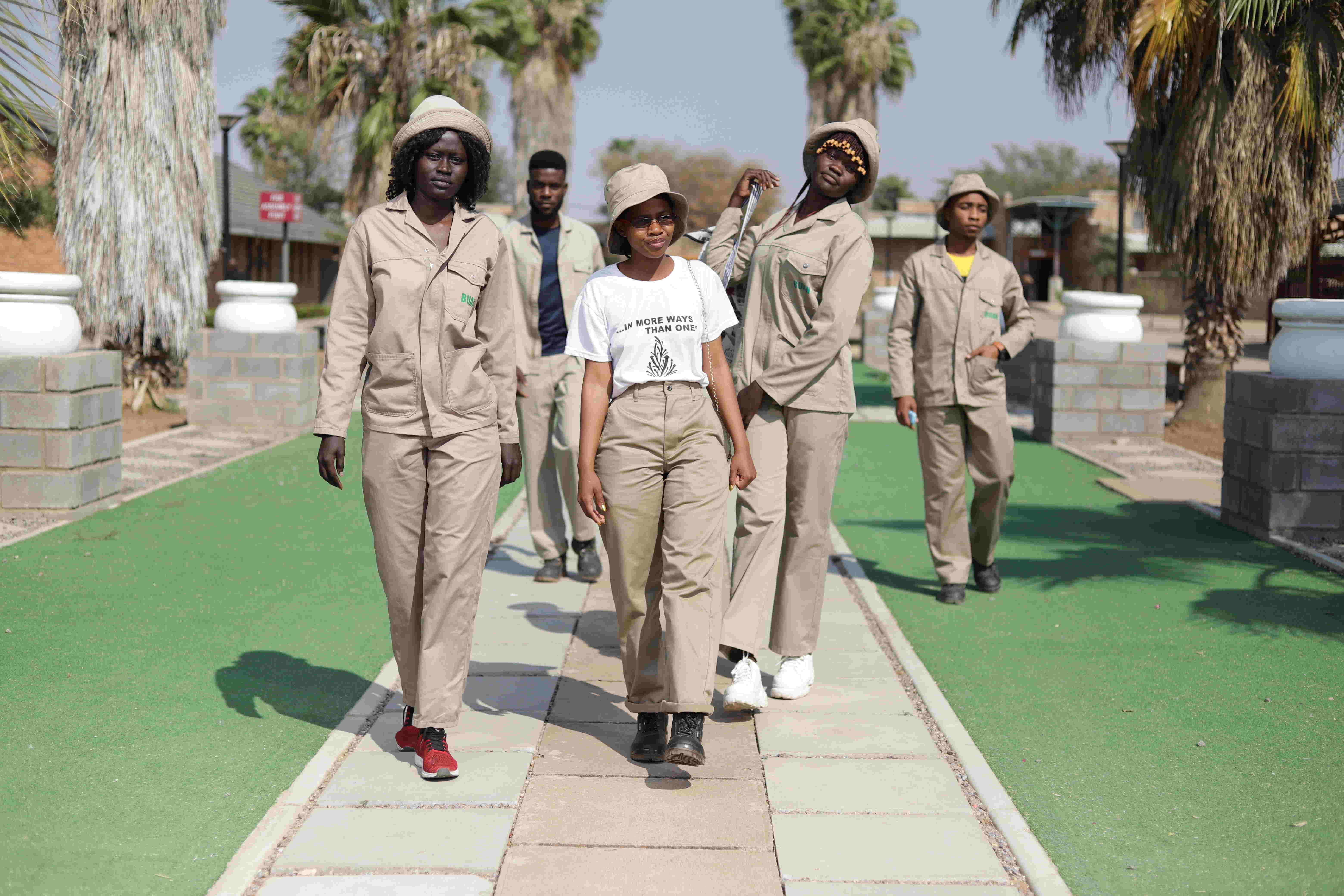OMPHILE BAYANI A YOUNG VIBRANT GAME CHANGER IN THE AGRICULTURAL INDUSTRY
16 Jan, 2026
Omphile Bayani, a young agricultural economist based in Gaborone, Botswana, is steadily emerging as one of the country’s most promising agribusiness innovators. A graduate of the Botswana University of Agriculture and Natural Resources (BUAN), he began his journey within the university’s incubation programme, Incuhive, where he gained practical exposure to enterprise development and hands-on agricultural practice. This early experience ignited a commitment to strengthening Botswana’s food value chains, advancing financial inclusion in agriculture, and positioning the country as a centre of agricultural innovation in Southern Africa. Bayani is the founder of two complementary ventures: TemoRise, a youth-centred agribusiness empowerment platform, and Asset Peak Foods, a food innovation startup currently developing Botswana’s first canned Seswaa (pounded meat) and canned chicken stew. Both initiatives address challenges at community, institutional, and national levels, with a shared mission of expanding opportunities for youth, supporting agri-entrepreneurs, and promoting food security through value addition. The inspiration for Asset Peak Foods stemmed from a clear observation of the country’s longstanding reliance on exporting raw beef, despite Botswana’s reputation for world-class livestock. Significant value was being lost by not processing traditional foods at scale, and Bayani identified an opportunity to merge cultural heritage with modern food technology. By developing a canned version of Seswaa-Botswana’s national dish, he sought to preserve cultural identity while creating an export-ready, shelf-stable product capable of meeting global food safety standards. In parallel, the development of a canned chicken stew aimed to expand protein preservation options and diversify locally processed foods. TemoRise was conceived to address a different but related gap: the need for agricultural and financial literacy among young people entering the sector. Through TemoRise, Bayani conceptualized the Agri-Finance Summit, a national platform designed to connect farmers, financiers, and policymakers. Although originally scheduled for 2025, the summit has been deferred to 2026 due to budget limitations. Preparatory work continues, supported by partnerships with Business Botswana and ongoing sponsorship discussions. The platform, together with the Agri-Finance Webinar Series, is intended to bridge long-standing disconnects in the agricultural finance ecosystem. The process of implementing these ideas required strategic action and collaboration. Bayani conducted field and market research to understand consumer preferences and packaging requirements for long-shelf-life protein foods. He financed prototype development himself, a decision that established early credibility and demonstrated resilience. NARDI provided technical support, while BUAN helped showcase the products and publicly endorsed the Agri-Finance Summit to help in creating awareness about his product with the hope of attracting investors . Business Botswana has also strengthened private-sector participation through its partnership with TemoRise, contributing to investor confidence and industry engagement. Collectively, these alliances helped transform initial concepts into structured, forward-moving projects. "Progress was not without challenges," He said. Limited access to startup capital, high packaging costs, and a lack of processing infrastructure required Bayani to adopt a lean startup approach. By prioritizing prototype development and small-scale testing, he managed to advance the ventures without external funding. Institutional support, visibility from exhibitions, and strong networking efforts helped overcome initial barriers and position both TemoRise and Asset Peak Foods for future growth. Despite still being in development, the impact of these initiatives is already visible. Asset Peak Foods has successfully produced prototype samples of Botswana’s first canned Seswaa and canned chicken stew, proving the feasibility of commercializing traditional dishes through modern preservation methods. Interest from retailers, farmers, and potential investors continues to grow, signalling strong market potential. Meanwhile, the forthcoming Agri-Finance Summit is expected to enhance access to capital for young farmers, promote investment readiness, and strengthen collaboration between the public and private sectors. These efforts align closely with Botswana’s national objectives of economic diversification, agricultural transformation, and reduced dependency on diamond revenues. The wider influence of Bayani’s work extends beyond product and platform development. His persistence has inspired young graduates and early career farmers to pursue agribusiness innovation with renewed confidence. The potential commercialization of canned Seswaa is poised to create employment opportunities, strengthen supply chains, and stimulate domestic food manufacturing. Similarly, TemoRise’s financial literacy and capacity-building initiatives equip youth with knowledge to build scalable enterprises, contributing to long-term livelihood improvements. There have been unintended but positive outcomes as well. Bayani’s visibility has triggered increased interest from institutions seeking to support youth-led food innovation. At the same time, the attention has highlighted the need for more tailored financing mechanisms for small-scale processors, as current models often disadvantage early-stage ventures that lack collateral but demonstrate high potential impact. The path taken by Bayani offers several key lessons. The development of value-added agricultural products requires patience, rigorous testing, and adaptability, particularly when introducing traditional foods into modern markets. Mobilizing financial support for innovative youth-driven initiatives remains a challenge, as illustrated by the postponement of the Agri-Finance Summit. However, the experience also underscores the strength of partnerships and the necessity of corporate sponsorship in advancing national agricultural dialogues. Most importantly, the process has demonstrated the power of cultural heritage as an economic asset. By transforming Seswaa into a globally marketable product, Bayani has shown that Botswana’s identity can be preserved and celebrated while contributing to economic diversification. Looking ahead, scaling these projects will require significant investment and institutional backing. Full commercial production of canned Seswaa and chicken stew will necessitate capital for certified processing facilities, acquisition of canning machinery, and adherence to standards set by BOBS and international safety bodies. Further collaboration with research institutions will be crucial for advanced testing, nutritional profiling, and export preparation. Expanding market access through government programmes and retail partnerships will strengthen distribution networks, both locally and regionally. Additionally, youth enterprise financing models must evolve to recognize innovation and national relevance rather than relying solely on collateral-based assessments. The story of Omphile Bayani reflects the promise and potential of Botswana’s next generation of agricultural leaders. With the right combination of support, investment, and institutional collaboration, his work has the capacity to contribute significantly to Botswana’s agricultural transformation rooted in tradition, driven by innovation, and powered by youth.
RUFORUM 21st AGM Concludes in Gaborone With Strong Calls for Transformative Higher Education and Continental Collaboration
05 Dec, 2025
The 21st Regional Universities Forum for Capacity Building in Agriculture (RUFORUM) Annual General Meeting officially concluded in Gaborone on 4th December 2025, closing four days of intensive dialogue, collaboration, and strategic engagement aimed at strengthening higher education systems and accelerating agri-food transformation across the African continent. Hosted in partnership with the Botswana University of Agriculture and Natural Resources (BUAN), the AGM brought together 1,112 delegates from 45 countries, among them government representatives, ministers, university leaders, researchers, development partners, and industry stakeholders. Delivering the keynote closing address, the Minister of Higher Education, Hon. Prince Maele, commended delegates for their “energy, ideas, and commitment,” noting that the discussions held throughout the AGM demonstrated Africa’s determination to reposition its universities at the centre of sustainable development. He emphasized that the conversations were “honest and brave,” affirming a shared continental resolve to improve the quality, relevance, and impact of higher education. Hon. Maele underscored the urgent need for transformative education models aligned with the demands of the modern labour market and driven by digital innovation, research excellence, strong governance, and inclusivity. The Minister highlighted several priorities that emerged from the session, including the need to adopt fourth-generation university models that integrate teaching, research, entrepreneurship, and community engagement; strengthen digital transformation and invest in emerging technologies; enhance quality assurance systems; diversify funding; and align university programs more closely with national development goals and RUFORUM’s broader vision for Africa. He called on institutions such as BUAN, the University of Botswana, BIUST, and all RUFORUM members to “put into action” the insights gained during the meeting and to build stronger collaborations that accelerate research impact and prepare youth for a rapidly changing world. Hon. Maele also highlighted Africa’s demographic advantage, noting that with 60% of its population under 25, the continent is at a historic turning point. He urged universities and governments to seize this opportunity through deliberate investments in higher education, research, innovation, and youth empowerment. He thanked RUFORUM for choosing Botswana as the host country and expressed his admiration for the unity and purpose demonstrated by delegates, describing them as “people who want a better Africa.” He concluded by officially declaring the AGM closed and wishing all participants safe travels. Earlier, the Chairperson of the Local Organising Committee and BUAN representative, Professor Samodimo Ngwako, presented a comprehensive report summarizing the deliberations and outcomes of the AGM. He noted that the meeting provided a critical platform for examining how African universities can contribute more effectively to the continent’s development agenda. Professor Ngwako reported that the AGM focused extensively on transformative education, investment in research and innovation, agri-food systems development, strategic partnerships, inclusion, and institutional sustainability. He highlighted the unprecedented participation recorded this year, including 791 international visitors and 305 participants from Botswana, and acknowledged the presence of 85 Vice Chancellors and Deputy Vice Chancellors among the delegates. Professor Ngwako emphasized that the Pre-AGM sessions featuring capacity-building workshops, scholarly writing training, resource mobilization seminars, and a youth-focused hackathon demonstrated the region’s commitment to unlocking Africa’s potential by strengthening both institutional and entrepreneurial capacities. According to Professor Ngwako’s report, delegates stressed the need for African universities to respond effectively to technological advancements, climate challenges, and the evolving demands of the global workforce. They also called for stronger industry-academia linkages, improved resource mobilization frameworks, enhanced gender and youth inclusion, and broader regional and continental collaboration to drive innovation and address food security challenges. In closing his report, Professor Ngwako expressed gratitude on behalf of the Local Organising Committee to all delegates, partners, sponsors, government stakeholders, and volunteers who contributed to the successful delivery of the AGM. He noted that BUAN was honoured to have co-hosted the event and affirmed the university’s commitment to advancing RUFORUM’s vision. He concluded with well-wishes for delegates’ safe return journeys and encouraged them to sustain the partnerships and networks established during the meeting. The 21st RUFORUM Annual General Meeting leaves behind a strengthened commitment among African universities, governments, and development partners to collaboratively shape a higher education sector that is innovative, inclusive, resilient, and capable of driving Africa’s agricultural and economic transformation. Preparations now turn toward the next AGM, scheduled to take place in Zambia in 2026.
Hokkaido University Team Assesses BUAN Facilities for Installation of Advanced Metal Analysis Equipment
05 Dec, 2025
On 5 December, a team from Hokkaido University visited the Botswana University of Agriculture and Natural Resources (BUAN) to assess potential locations for the installation of an Atomic Absorption Spectrometer (AAS). The visit marked an important step in the implementation of the Memorandum of Understanding (MoU) signed between BUAN and Hokkaido University, which aims to strengthen research collaboration, capacity building, and technological advancement. The assessment visit is part of activities under the newly launched ZAZINAMBO project, a regional initiative involving Zambia, Zimbabwe, Namibia, and Botswana. The project, launched in September and followed by a hybrid kick-off symposium in Harare, brings together experts in ecology, environmental sciences, biology, toxicology, and engineering from the four participating countries and Japan. BUAN nominated four representatives to attend the International Symposium on the Impact of Chemical and Biological Hazards on the Environment, Animals and Human Health, held alongside the project’s planning meeting at the University of Zimbabwe from 7 to 8 October 2025. One of the key outputs of the ZAZINAMBO project is the establishment and functional operation of laboratories for metal contamination monitoring, making BUAN a central player in developing regional capacity for heavy-metal pollution assessment. Another output involves the creation of a regional network for metal contamination monitoring, an important step in advancing collaborative excellence in innovative technologies for agriculture and natural resources management. The project is designed to support sustainable mineral development by strengthening monitoring systems and building human capacity to address heavy-metal pollution across the four countries. The Atomic Absorption Spectrometer to be installed at BUAN is a crucial instrument for detecting and measuring trace amounts of metals in environmental, agricultural, biological, and food samples. It works by atomizing samples and measuring the absorption of specific wavelengths of light, allowing precise determination of metal concentrations such as lead, arsenic, cadmium, chromium, copper, and zinc. The presence of this equipment at BUAN will significantly enhance the institution’s analytical capabilities, enabling advanced research to be conducted locally and reducing reliance on external laboratories. For Botswana, the installation represents a major milestone in strengthening national scientific infrastructure. It positions the country as an emerging hub for heavy-metal contamination monitoring and supports wider national goals in environmental protection, food safety, and public health. For BUAN, it reinforces the University’s commitment to research excellence and provides invaluable opportunities for staff and students to engage in high-level scientific work.
